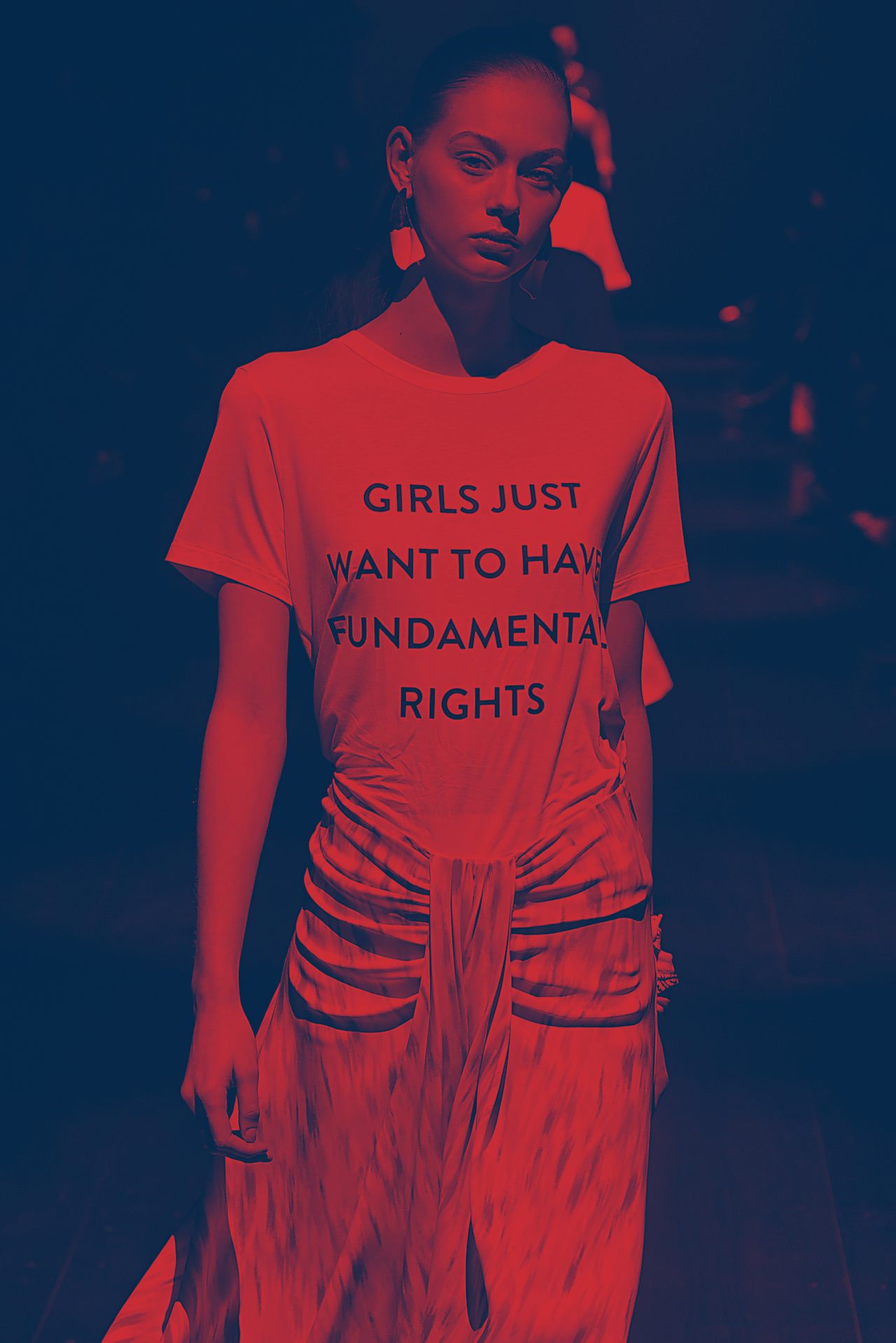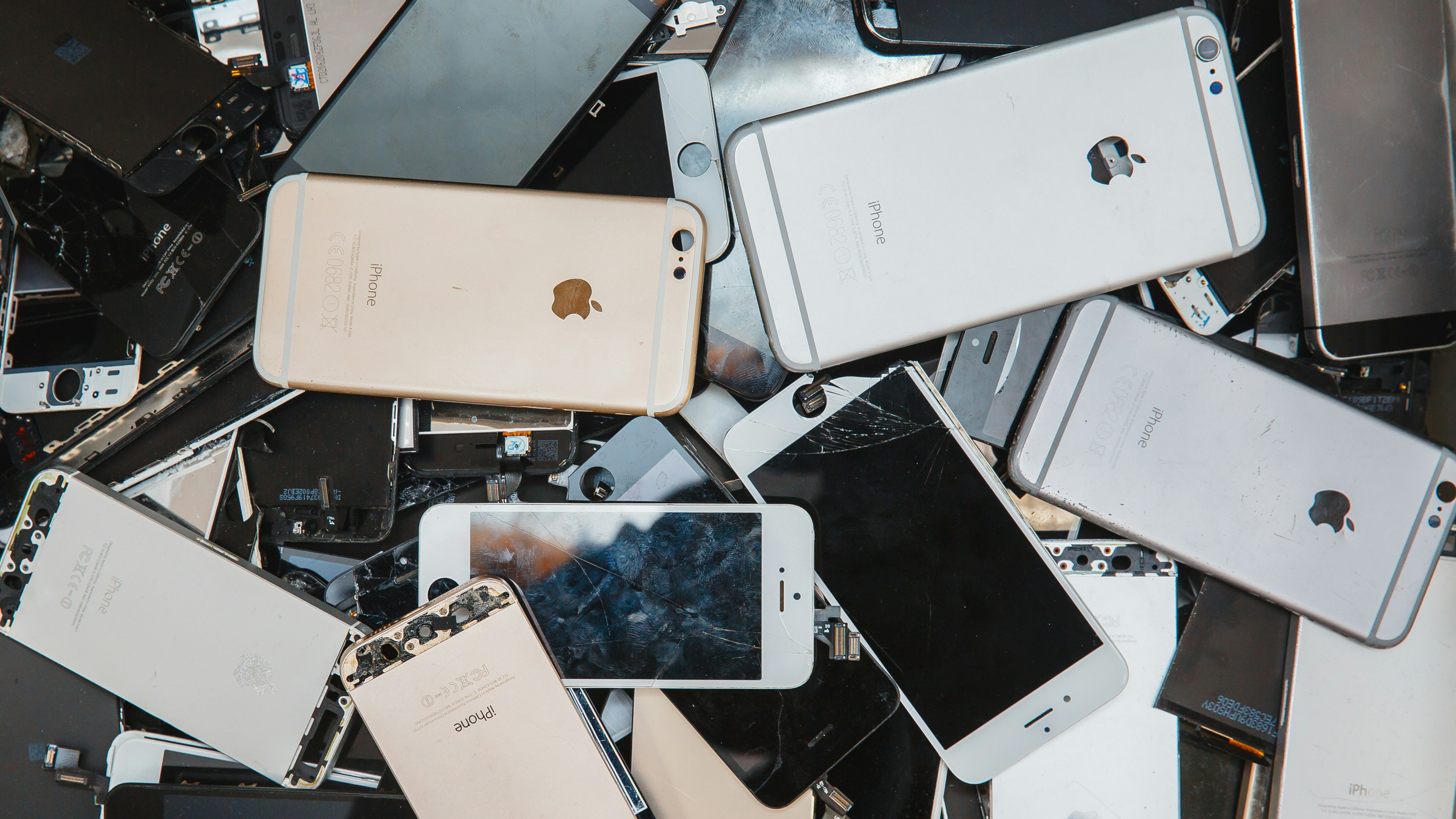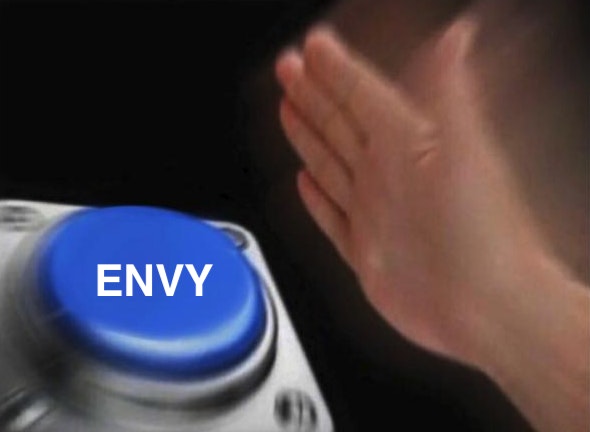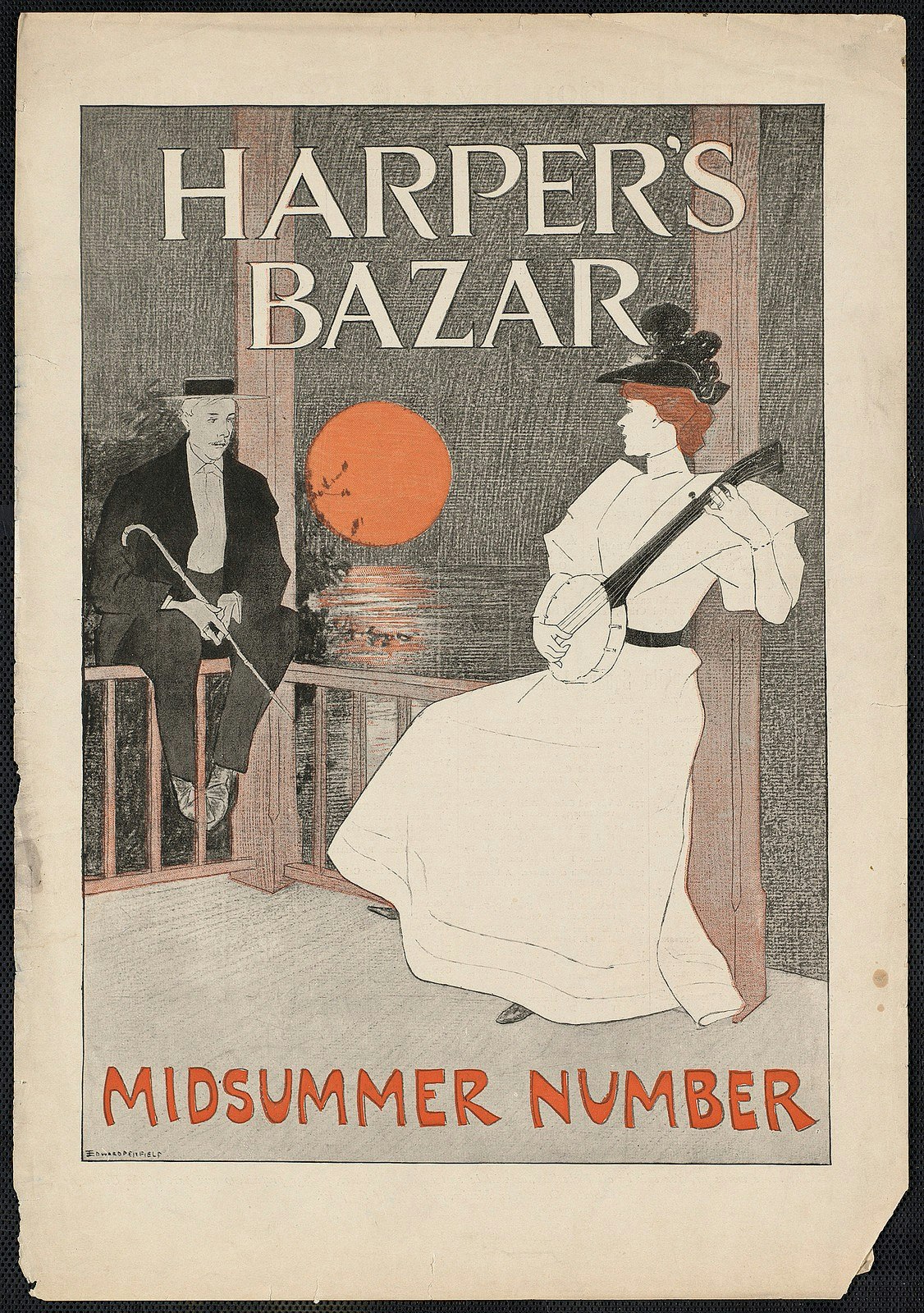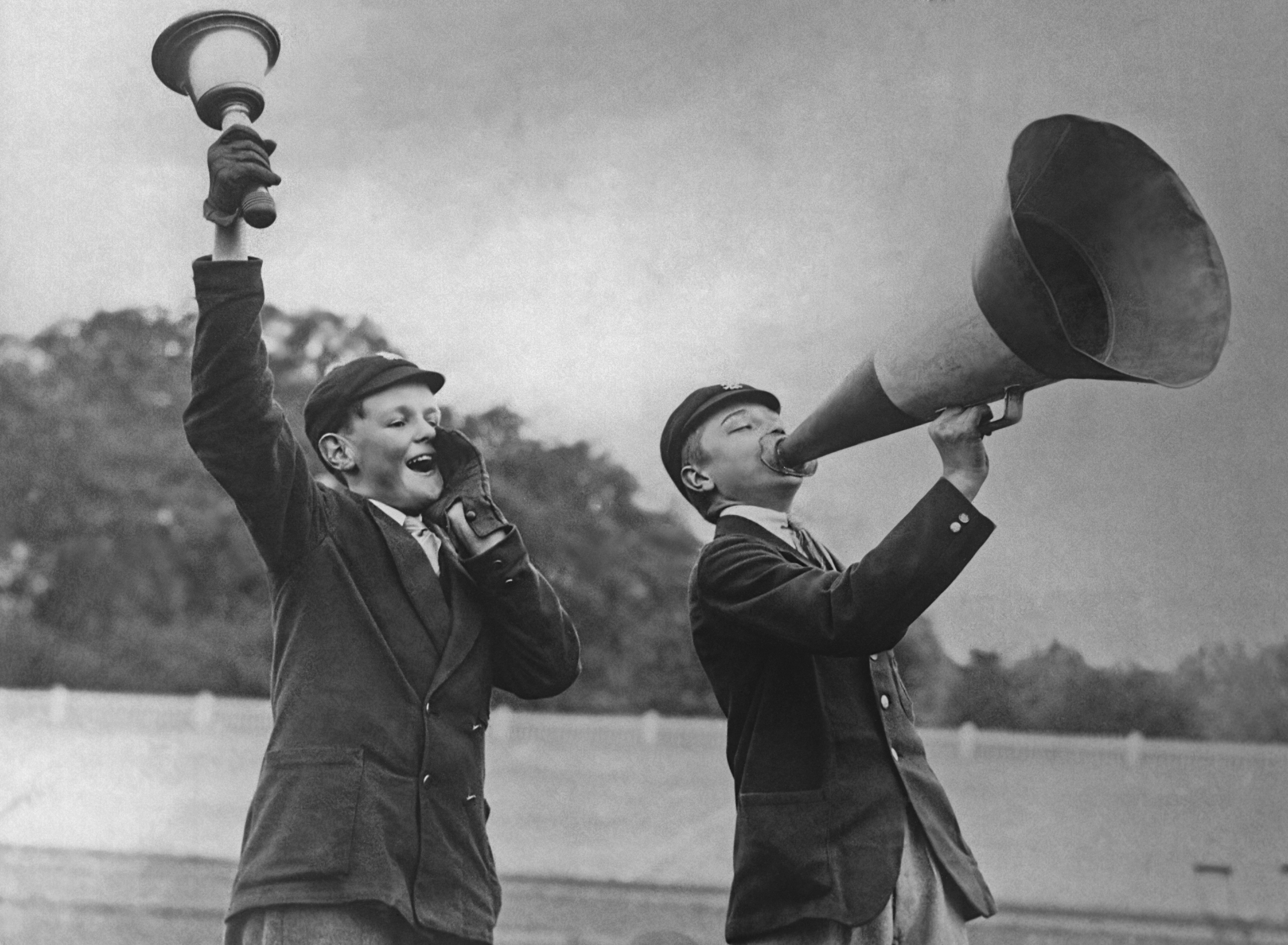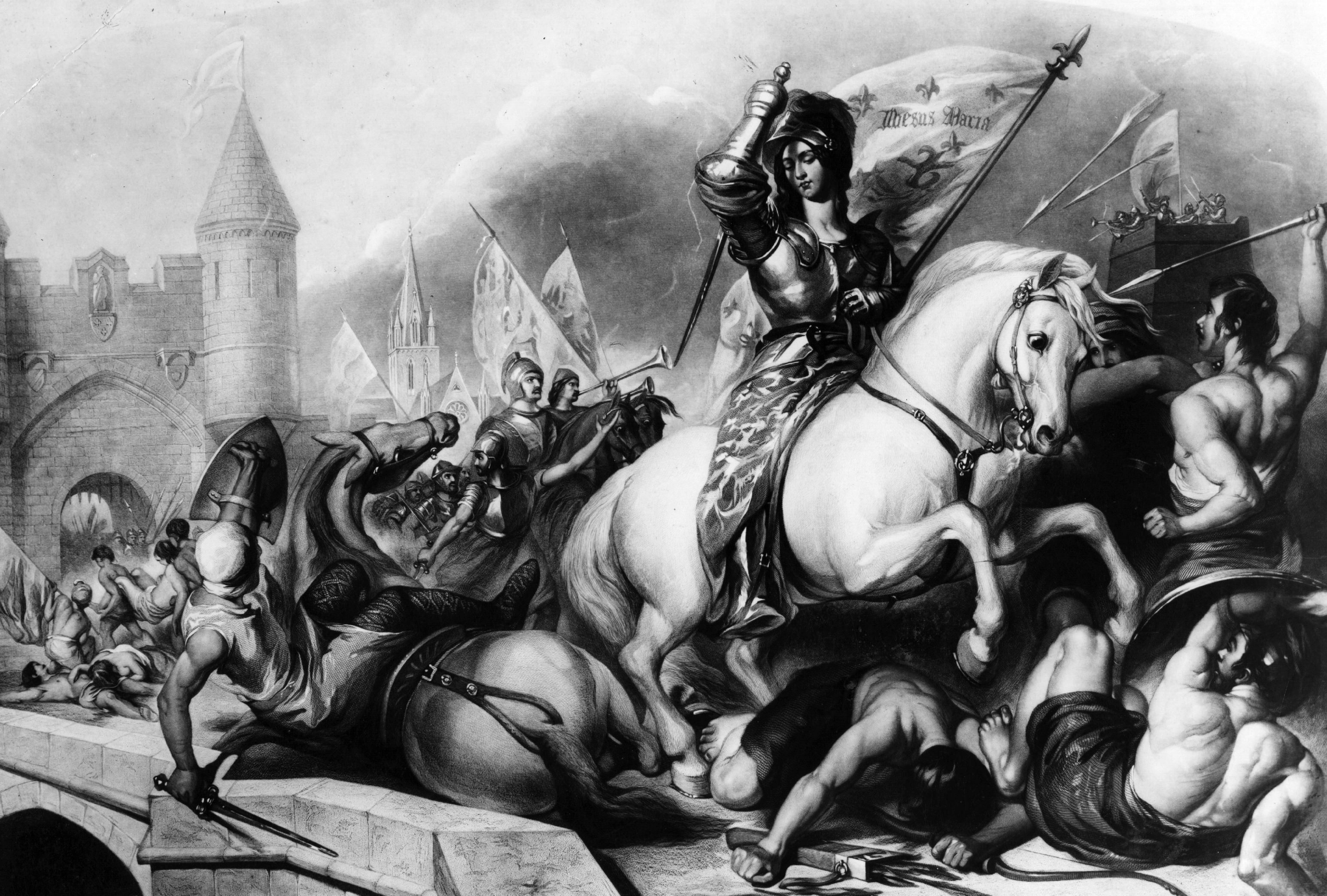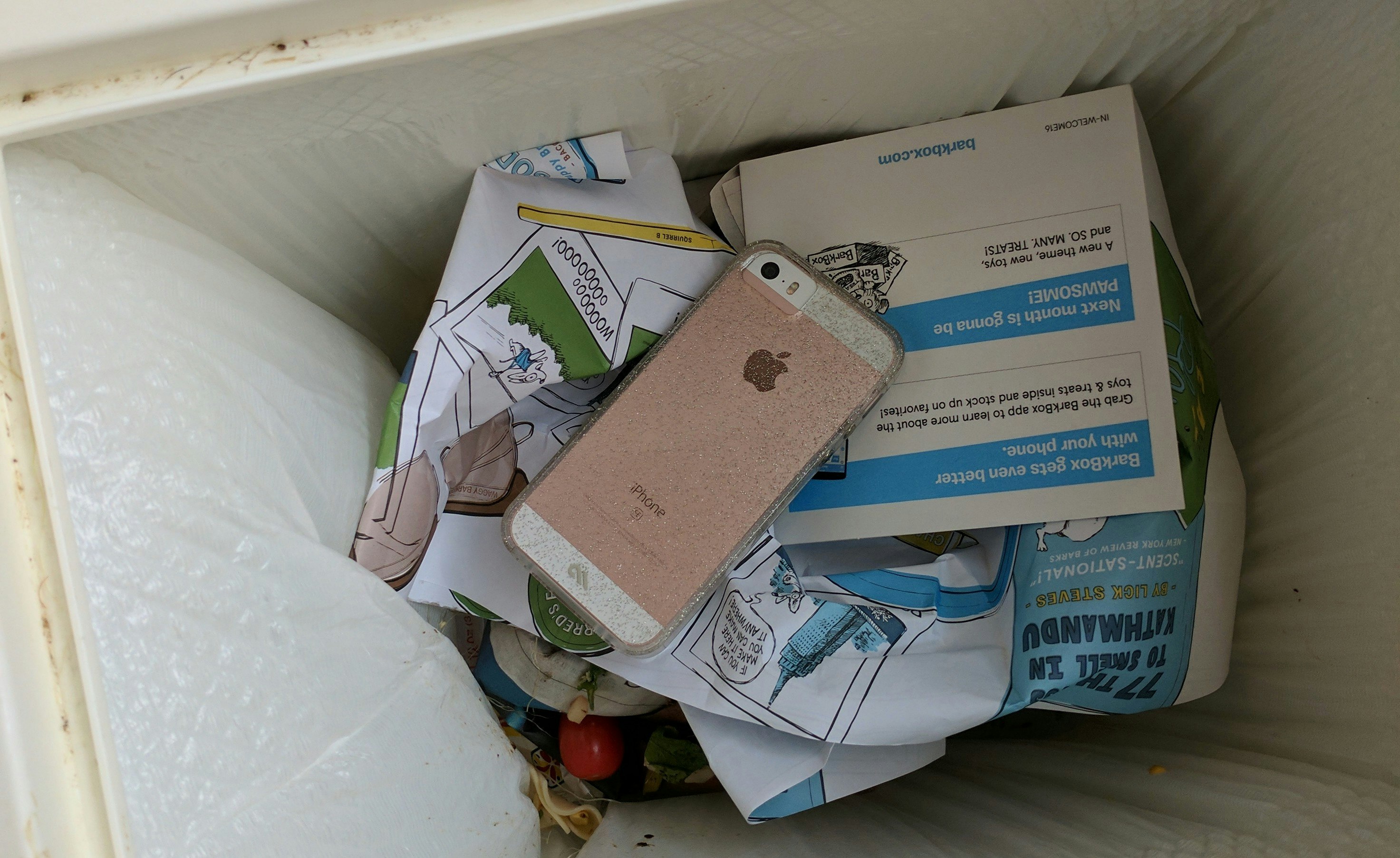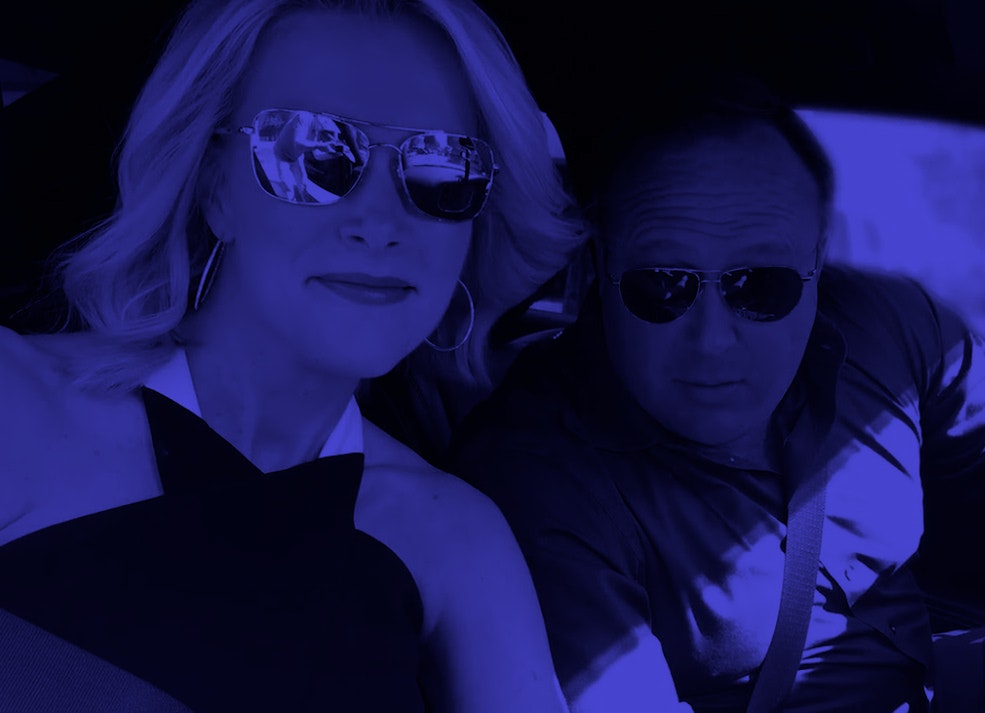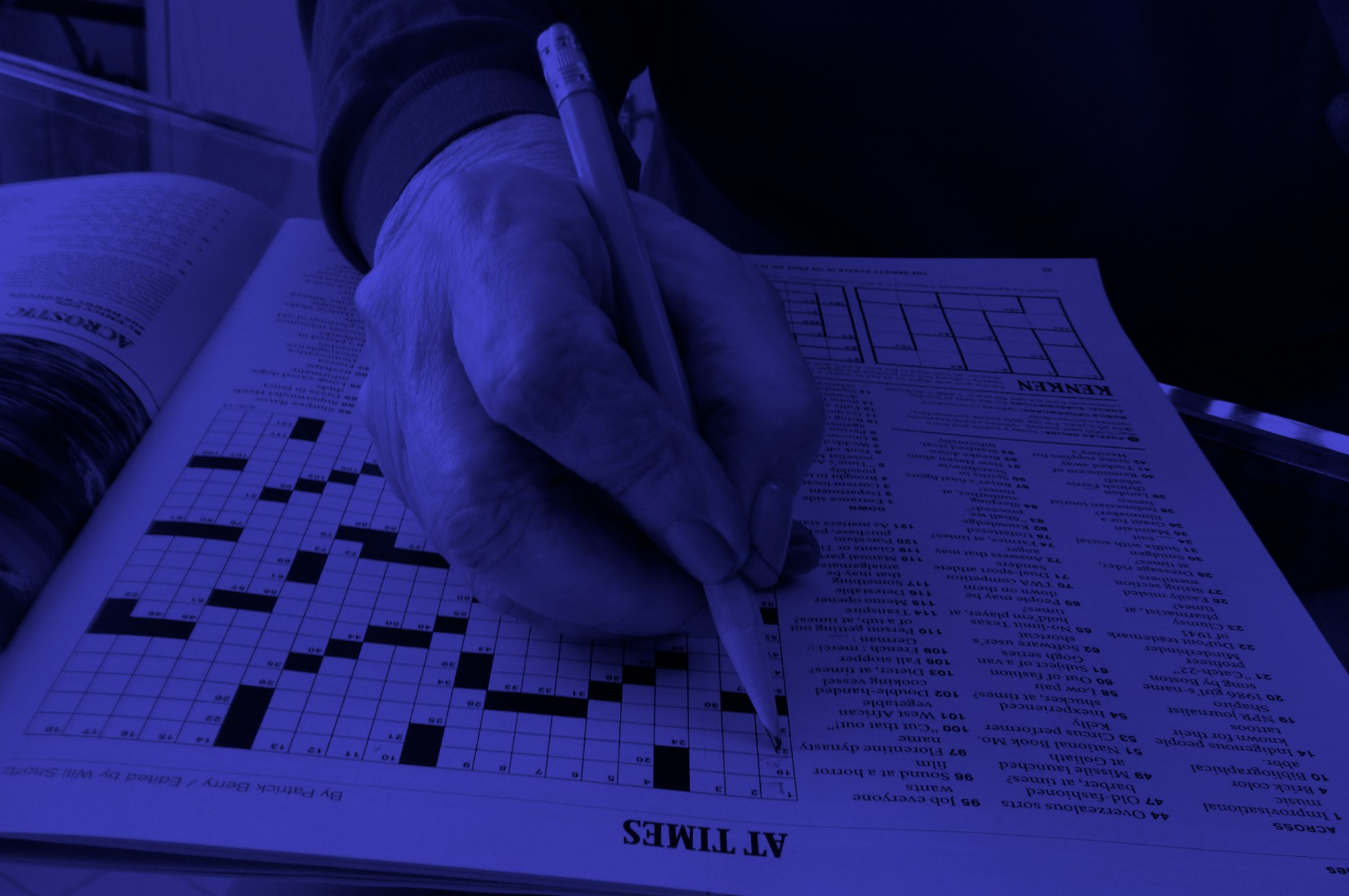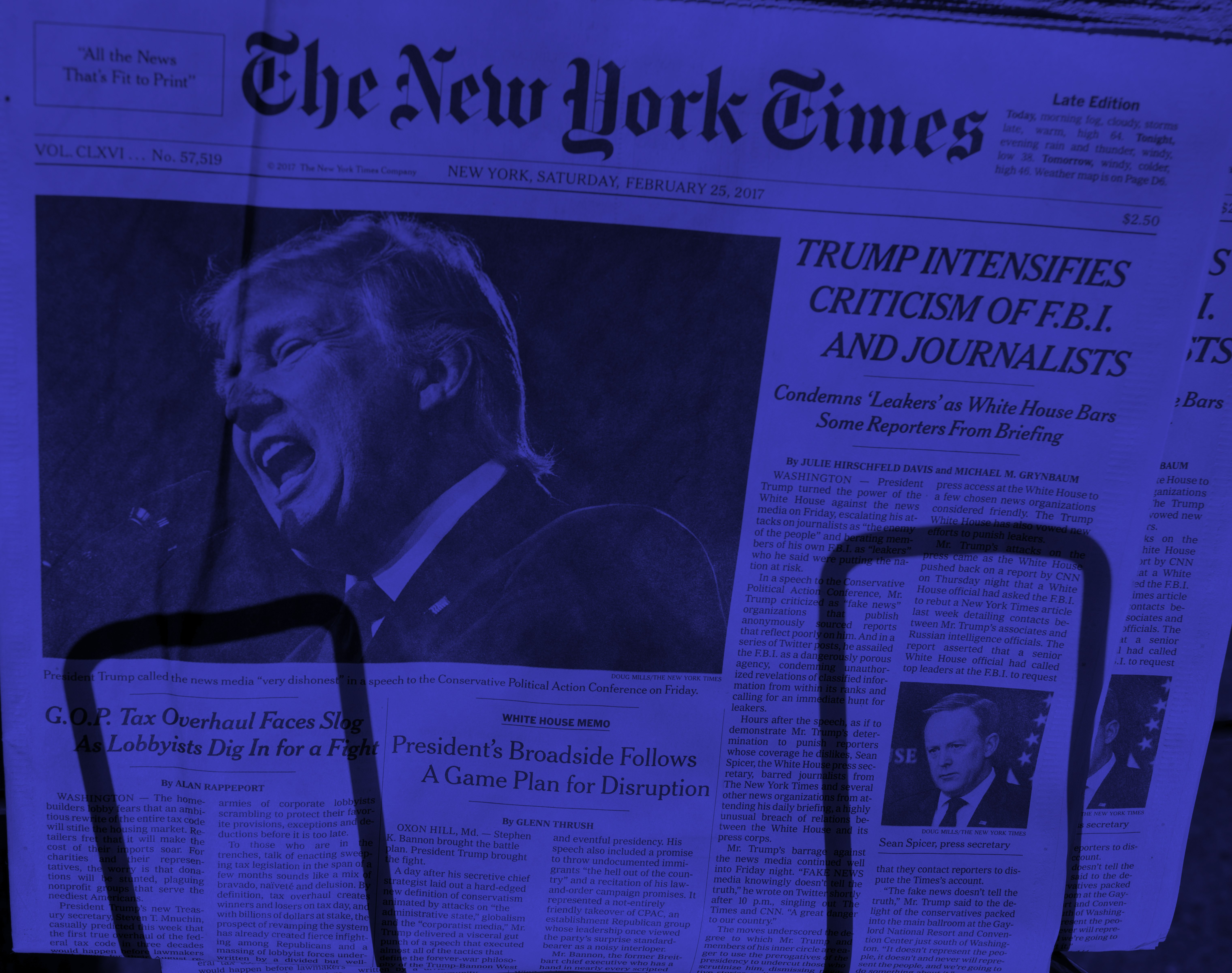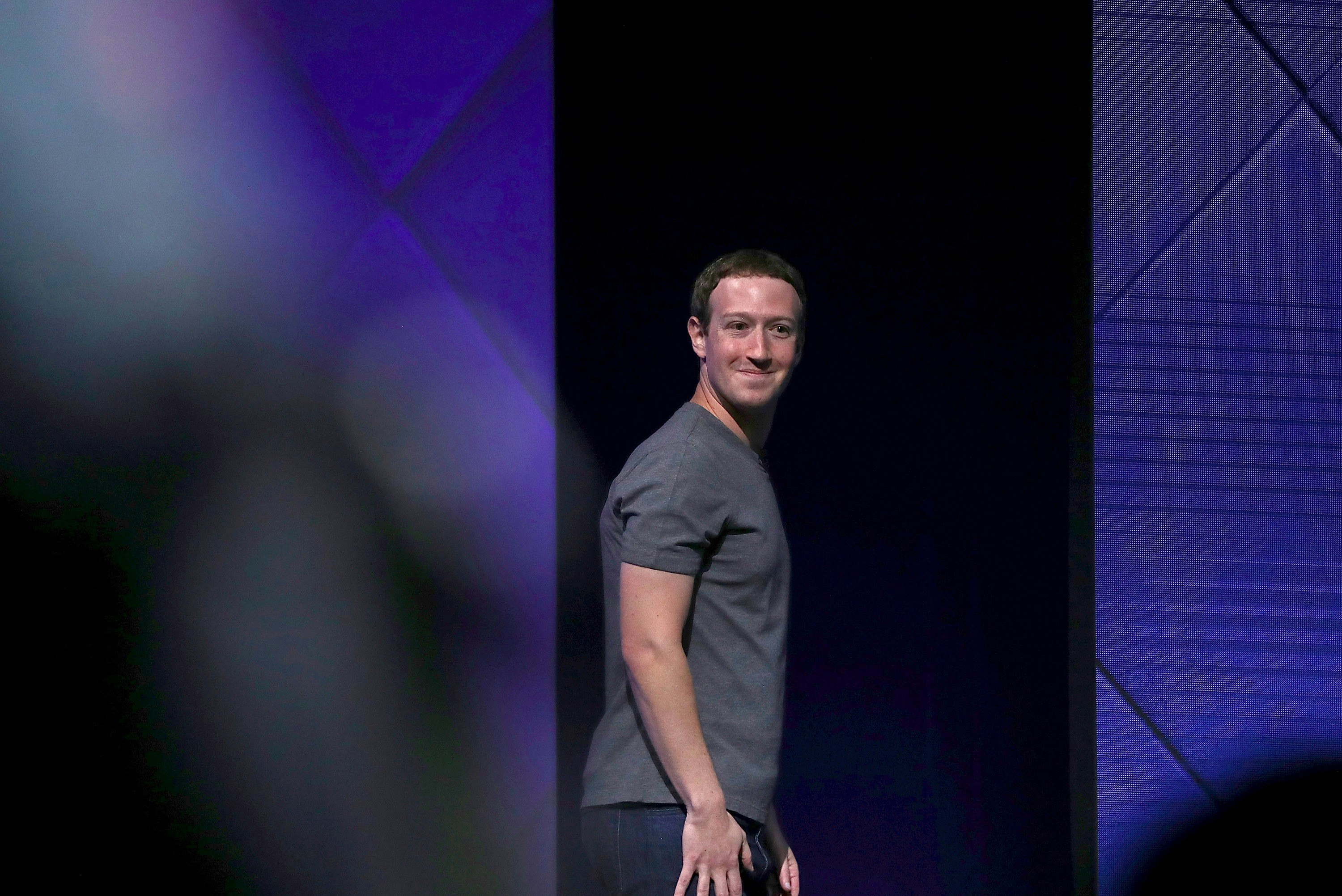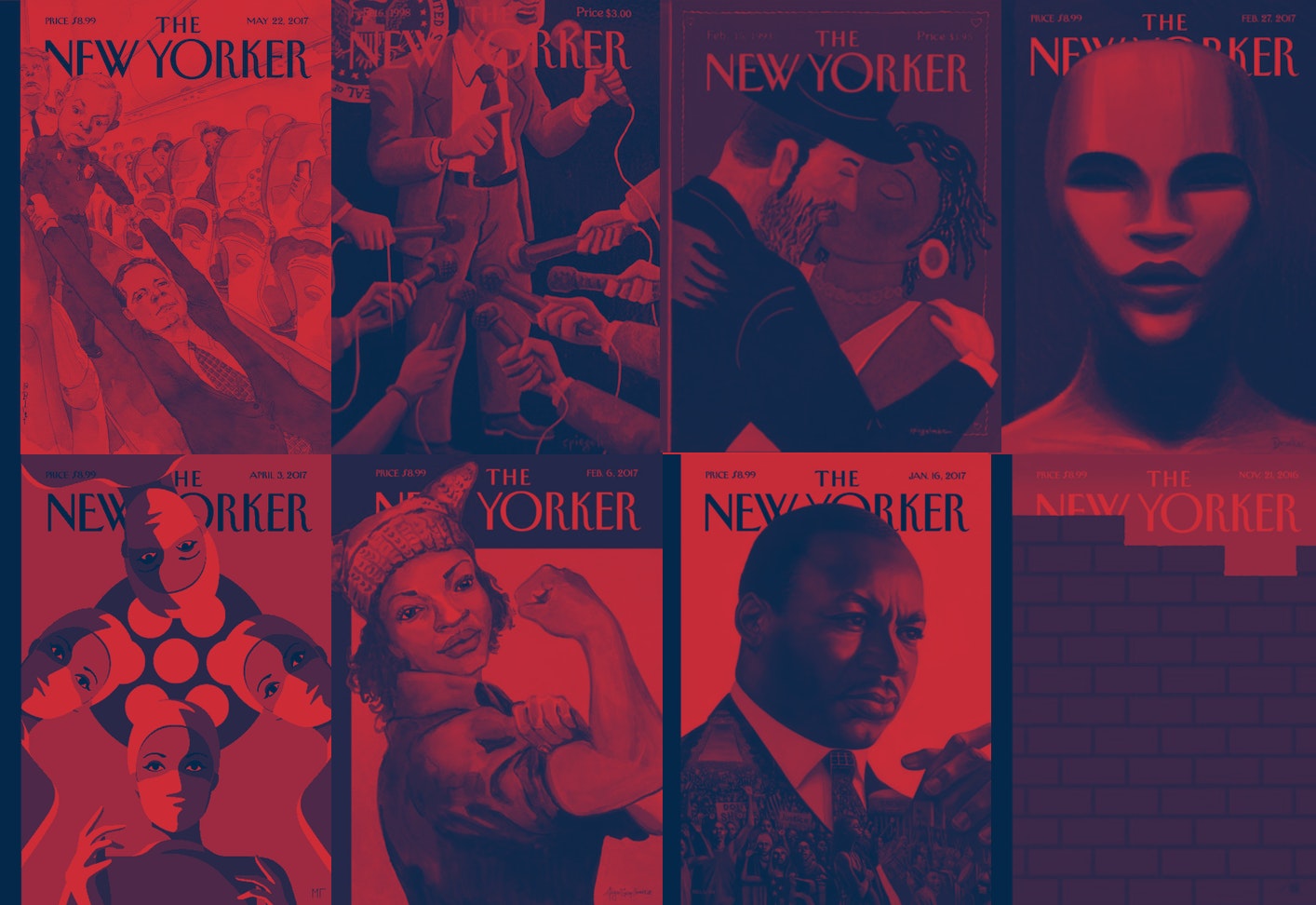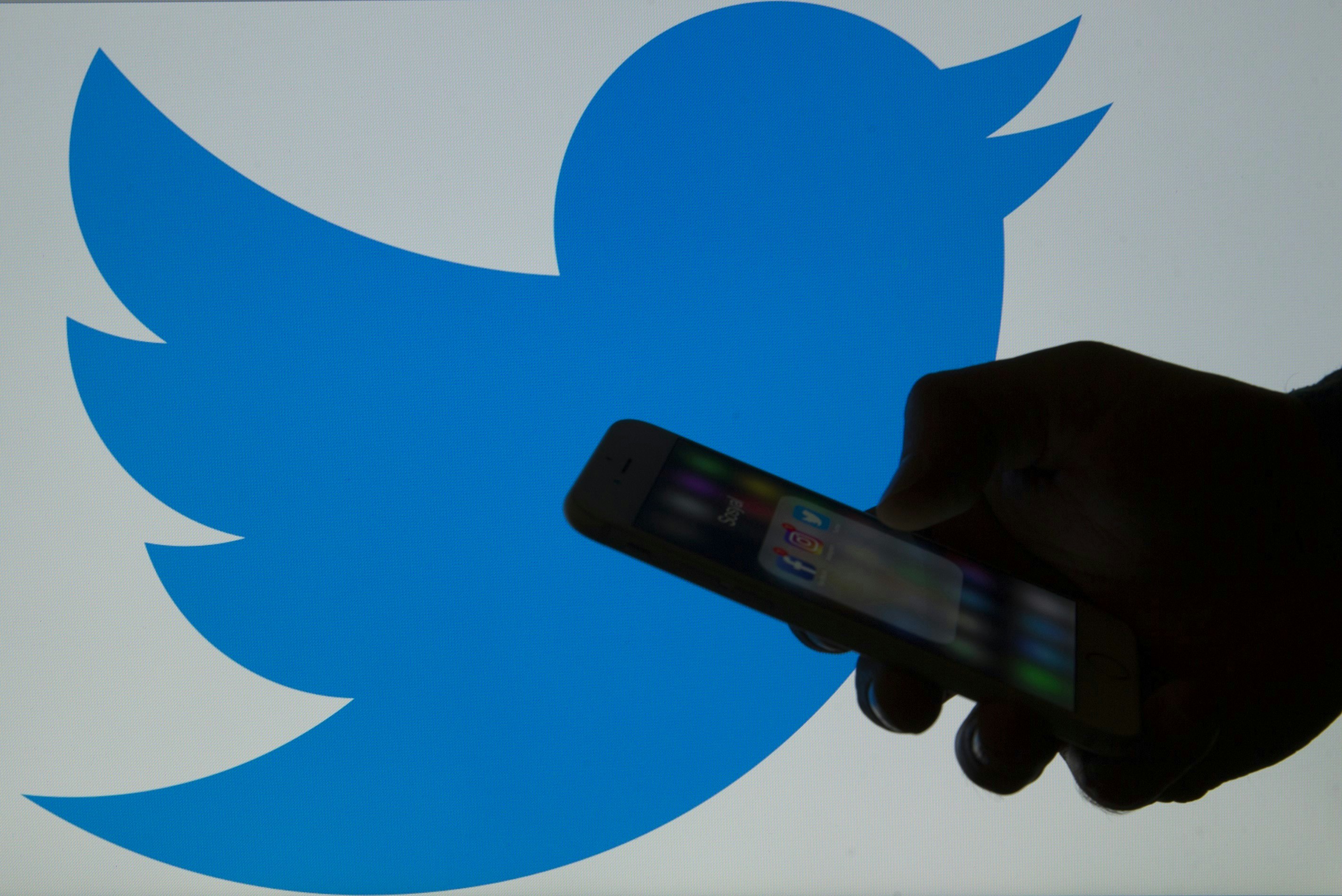After Mitch McConnell chided Elizabeth Warren for speaking out against the nomination of Jeff Sessions for attorney general on the Senate floor a few weeks ago, shirts adorned with the phrase “Nevertheless, She Persisted” filled Etsy shops in what felt like a matter of seconds. Warren’s brave speech had been memed. A day or so later a friend of mine, a successful artist, tweeted “#resist… commodified activism :-).” Her replies quickly lit up with dispatches from designers bruised by her tweet. “I think in this industry our first instinct is to make stuff. Intentionality helps legitimize it,” one person wrote. “I’m all for calling out performative allyship, but honestly isn’t it better to have designers making junk for charity rather than just junk?” said another.
I was reminded of this Twitter exchange while looking at nail accounts on Instagram over the weekend, which is my favorite hobby after picking individual strands of hair from my throw rug. Amid the shellacked flowers and geometrical designs were a pair of sharp white nails that looked to be painted with drips of blood and other unidentifiable objects. I zoomed in for a closer look, and saw that painted on the person’s individual nails were a tiny tampon, a bleeding vulva, and a soiled pad.
Hm, I thought. Menstruation does remain far too taboo a subject (women should really get one week off per month to cope with the assault their unfertilized eggs wage on their body). But would I pay to get a bloody tampon manicured on my nail in some sort of feminist statement? It already seems ridiculous enough that I pay a very good nail artist a lot of money to paint tiny butterflies on my nails, but there are so few pleasures in life. The menstrual manicure, however, crystallized something I’ve been thinking a lot lately: how expression, feminism, politics, and commerce tend to converge at mystifying speed in our capitalist dystopia, and end up meaning nothing.
The modern practice of feminist activism has become inextricably tied to what we buy and what we wear. At the most recent New York Fashion Week, designers who seized the moment and made political statements with their looks were praised, not just by their audiences but with extra press coverage. Some models for Prabal Gurung strutted the catwalk wearing shirts that read “LOVE IS THE RESISTANCE.” The Row featured wide-cuffed shirts embroidered with the word “hope.” Milly gave show guests shirts that read “STEINEM AF.” And at Tommy Hilfiger, models in the Tommy x Gigi show wore “white bandanas to show unity, equality and appreciation for all of humanity as part of Business of Fashion’s #tiedtogether hashtag.”
In November, a few weeks after the election, Molly Fischer of The Cut wrote about the feminist t-shirts (“The Future is Female,” “Nasty Woman,” “Pantsuit Nation”) that so many wore — and Instagrammed themselves wearing — to show support for Hillary Clinton. This cheap, easy, and ubiquitous activism will forever be associated with Clinton’s incredible loss on November 8. As Fischer wrote, “It felt so good to see all the women looking proud in their feminist t-shirts! It felt even better to see the feminist t-shirts on children, or just to imagine the children — some of the youngest were photographed in Hillary onesies — who would grow up seeing feminism as cool. I suppose it’s easy, at this juncture, to look back ruefully on any time we spent feeling good. If only we had felt worse? If only we had chosen different ways of feeling better. If only we had realized that making feminism (or Hillary) look cool should be the least of our worries."
Yes. But this is the business of feminist activism: the superfluity of sloganized wearables that don’t really say anything or contribute to any tangible goal while giving the impression that they, and their wearer, do. The artists who manufacture these goods might seek to justify their craft by donating some proceeds to charity; the high-fashion designers who sell politically inspired separates often elide the question of whether they’re donating to charity at all. (Using charity to rationalize the commodification of activism is in itself problematic; it leaves us free from examining the full intentionality of our deeds and words.) In any case, it’s an impoverished state of being.
Language means everything and nothing in feminism.
In her 1967 essay “The Aesthetics of Silence,” Susan Sontag argues that language has been so debased in modern art as to lack meaning. “Language is the most impure, the most contaminated, the most exhausted of all the materials out of which art is made,” she wrote. I think about this when I see a sweatshirt embellished with “FEMINIST AF” or some similar arrangement of words. If wearing a sweatshirt that says “FEMINIST AF” makes someone feel good, well, that’s fine. But feelings are far beside the point. As Sontag argues, in art, self-reflection and the outsize focus on expression obliterate meaning and the search for a higher, unknown truth. I would hold that we’re somewhere similar with feminist activism.
Language means everything and nothing in feminism. Chris Kraus: “What happens between women now is the most interesting thing in the world because it’s least described.” Women inhabit in a world in which we’re both strongly encouraged and strongly discouraged to tell highly personal stories to varying discernible ends. Women are told to “shout their abortions” but lack representative power. Susan Fowler, in a viral blog post about her year working at Uber, reported repeated instances of sexual harassment to HR, only to have her job threatened. Instead of our government or our workplaces empowering us with maternity leave and/or childcare, fashion and makeup companies loudly attempt to assume that task, telling us we will feel strong and good by wearing the right lipstick.
So much of being a woman is building a life between the narrowest of parameters, expecting very little from what you build, and being punished if you ask for more, all the while being told society presumes you will have and do it all and not complain. Writing in the Atlantic after “Nevertheless, she persisted” reached platinum-level meme status, Megan Garber argued that the event was a victory for women. “The dustup between Warren and McConnell may have been, at its core, about the interpretation of Senate rules; for the public, though — or, at any rate, for the people who took to the internet to express their solidarity with Warren and her fellow “silenced women” — it was a matter, more simply, of emotion. It was that most classic of things: a woman (sharing the words, no less, of another woman) told by a man to shut up,” Garber wrote.
I’m not sure which I find more depressing: this spirited reading of an act of political manipulation that resulted in Jeff Sessions’ appointment to attorney general, or the inevitable crop of hopeful merchandise that resulted from McConnell’s tirade. If the meaning of art is lost in self-reflection, the meaning of activism is lost in commodification. As soon as McConnell’s words were appliqued to t-shirts, the political goal of Warren’s speech was divorced from significance and lost to capitalist forces. Why is it that feminist causes are so often victim to the empty sloganeering and hash-tagging of commodified capitalism? Perhaps it comes down to risk. As easy as it is to wear a shirt or get your nails done, it’s easy for others to deem those actions insignificant.
Get Leah Letter in your inbox.
